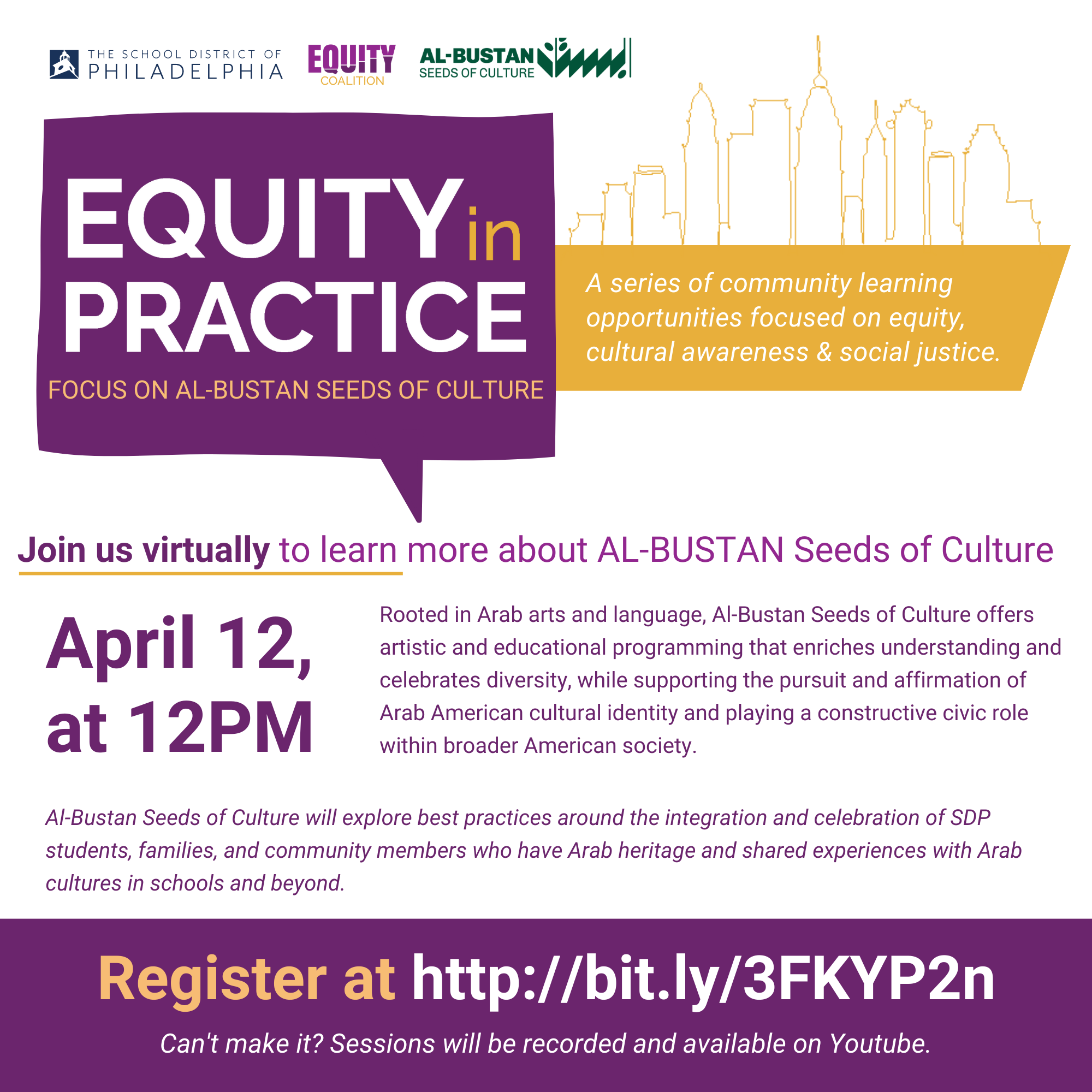Originally written March 2019
"You have been here long enough to be perceived as civil"
Very often, people say things like: " Your English is very good, for how long have you lived in the US?" and then they are very surprised when they realize it was a very short time for developing this level of proficiency they've observed.
There is a wrong assumption that immigrants and refugees develop strong language proficiency through merely "living" in the United States when in most cases this is not true.
In fact, a significant proportion of immigrants come to the US already fluent or with an upper-intermediate level of proficiency because of the quality of language education they received in their home country, as a result of sincere self-learning efforts, or because of prior exposure to the English language and culture in their home countries (Most of African and Asian countries were former British colonies).
Meanwhile, some immigrants live in the US for decades and decades and never learn English or never reach a higher level of proficiency for so many factors mainly because second and foreign language acquisition is not a magical process, and English isn't a mineral in the American drinking water or air.
Most importantly, the United States -at least right now and in my experience in the last decade-is also built to facilitate the creation of linguistically and ethnically isolated communities, where you can live and work on the margins with your own folks without having to interact in English or with English speakers, it is not a place where people will welcome you with open arms and say hi to you if you look or sound different.
Besides being totally inaccurate and entitled, the assumption that any forms or signs of so-called "professionalism" you may show particularly with spoken language, is due to your prolonged exposure to "the American culture" suggests that other countries, their education, and professional settings, are almost always inferior and less developed than the US.
So yeah, next time you want to compliment someone's ability to speak English, an international language and a dominant global culture, don't say stuff like that.











